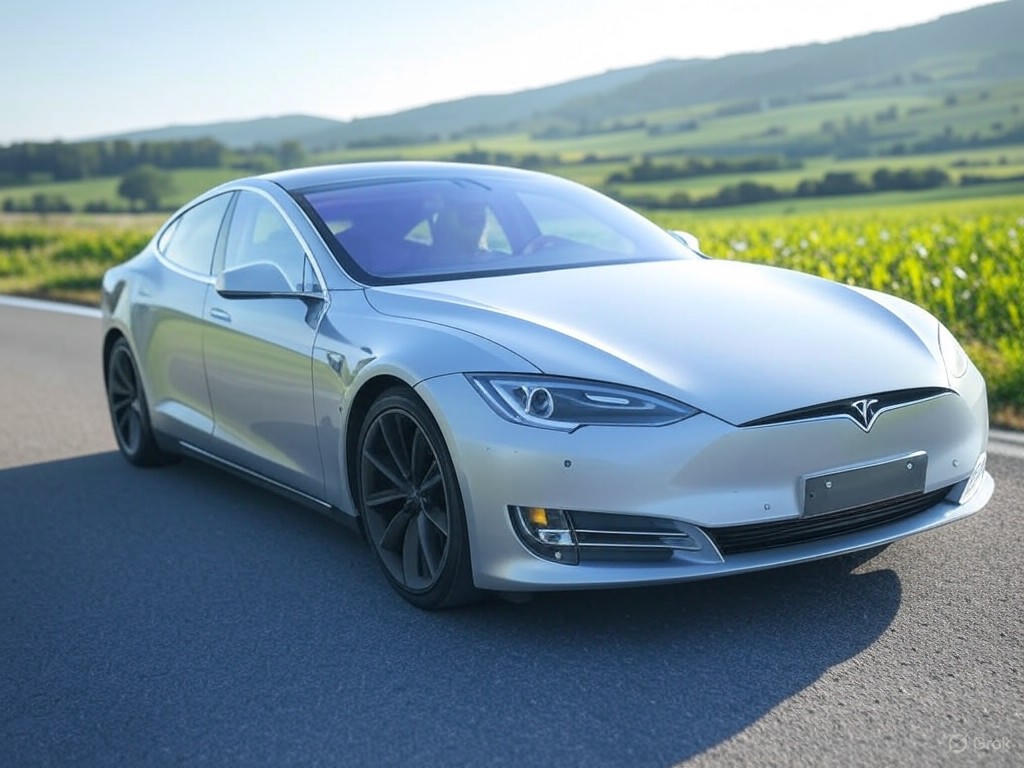Tesla, the electric vehicle giant, is under intense scrutiny in France as regulators accuse the company of misleading customers and breaching consumer protection laws. The French authorities have issued a stern warning, giving Tesla a four-month deadline to address multiple grievances or face hefty fines. This development raises questions about the company’s practices in one of Europe’s key markets and could have broader implications for its global reputation.
At the heart of the controversy are allegations that Tesla has made deceptive claims about its Full Self-Driving (FSD) technology. French officials argue that the company has overstated the capabilities of FSD, presenting it as more advanced and autonomous than it currently is. This has potentially misled buyers into believing they are purchasing a near-fully autonomous vehicle, when in reality, the system still requires significant driver oversight. Such misrepresentation, regulators claim, violates transparency standards and puts consumer trust at risk. Beyond the FSD issue, Tesla is also being criticized for its handling of trade-in valuations. Authorities allege that the company has provided inconsistent or inaccurate estimates for trade-ins, leaving customers frustrated and financially disadvantaged during vehicle purchases.
Adding to the list of complaints are delays in processing refunds for canceled orders. French regulators have pointed out that Tesla’s slow response times in returning money to customers who cancel their purchases contravene local consumer protection laws. These delays, combined with other operational hiccups, have painted a picture of a company struggling to balance rapid growth with regulatory compliance and customer satisfaction. For many French Tesla buyers, these issues have soured what should have been an exciting experience of owning a cutting-edge electric vehicle.
The ultimatum from France is clear: Tesla has just four months to rectify these issues or face significant penalties. This deadline underscores the growing impatience among European regulators with tech giants and automakers who fail to adhere to strict consumer protection frameworks. For Tesla, the stakes are high. Non-compliance could result in substantial fines, damage to its brand image, and potential restrictions on its operations in France—a market critical to its European expansion strategy. Moreover, this situation may embolden other countries to scrutinize Tesla’s practices more closely, creating a ripple effect across the continent.
As Tesla scrambles to address these concerns, the broader conversation about accountability in the EV industry gains momentum. The company has long positioned itself as a disruptor, pushing boundaries with innovative technology and bold promises. However, this latest clash with French regulators serves as a reminder that innovation must be paired with transparency and responsibility. Whether Tesla can resolve these issues within the stipulated timeframe remains to be seen, but one thing is certain: the road ahead in France will be anything but smooth. For now, all eyes are on Elon Musk and his team as they navigate this regulatory storm and strive to rebuild trust with French consumers.
